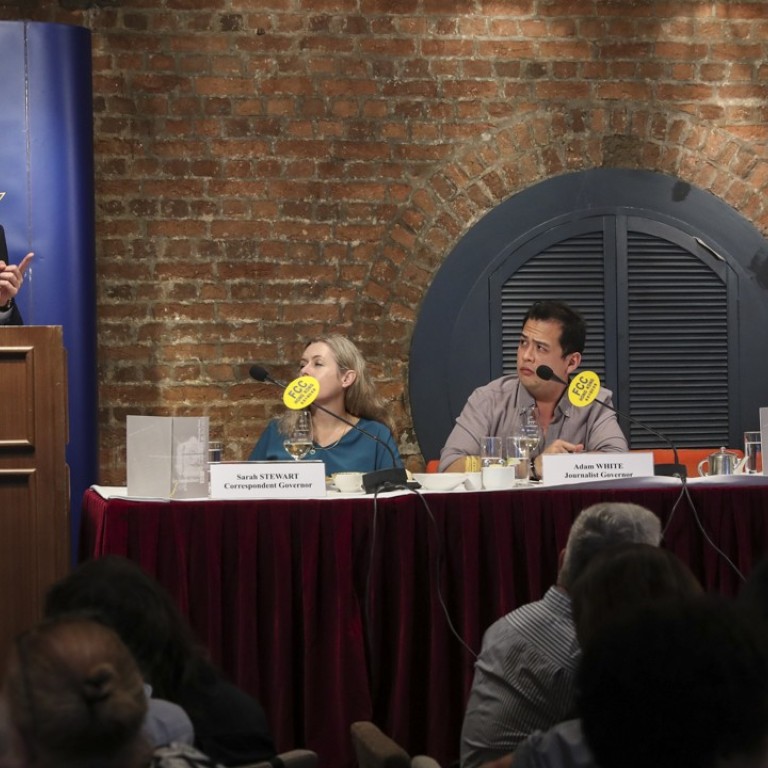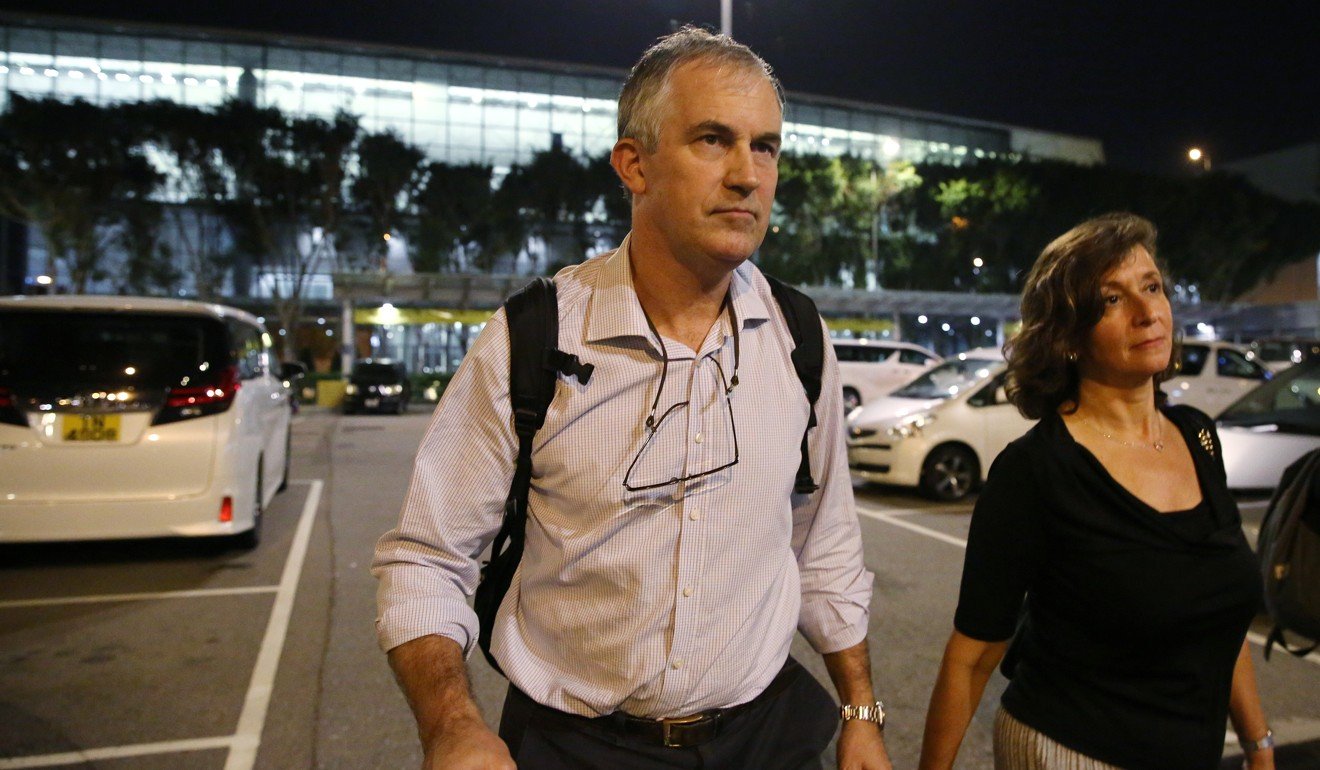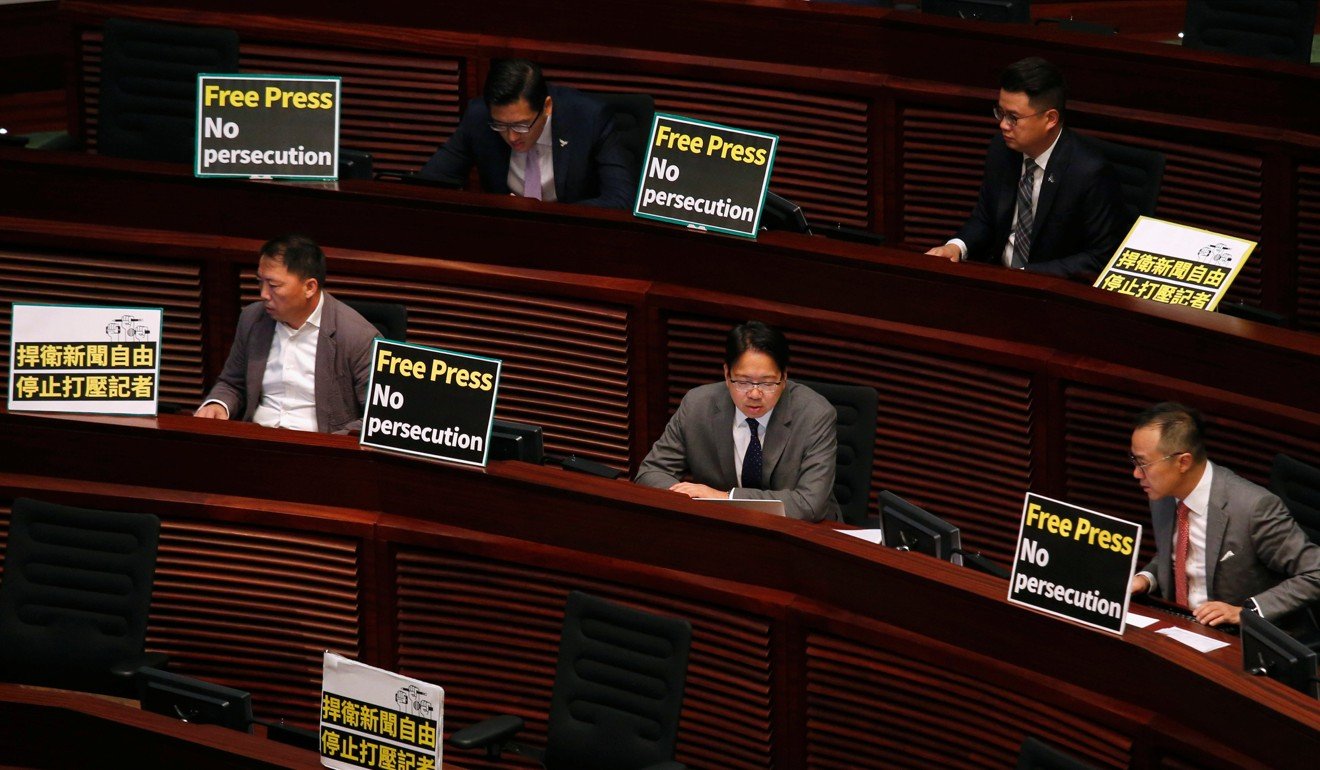
Freedom of speech poses no threat to our national security, so why bar journalists from Hong Kong?
But when it comes to this questionable act of denying a visa for a journalist, I find myself looking for answers.
Officials have now made it clear that acts which pose a threat to national security will be prohibited, and that this includes promoting independence. Chan’s talk at the FCC was seen as encouraging Hongkongers to seek independence from China and thus it is acceptable that his party was banned.
However, Mallet was only involved in inviting a speaker for a talk, so why is he being penalised?

Mallet has reiterated that the FCC was upholding freedom of expression, and that views from people across the political spectrum should be permitted. I can’t agree more that we should be welcoming when it comes to opinions from people of all sorts. However, the government has a different point of view.

Chan and Mallet were merely expressing their views, which encouraged discussion among their audience. Have they done any major harm to the city yet? No.
Chow used the Mong Kok riot as an example to back up the fact that there are potential threats to national safety. However, people have been rioting for decades and independence has never been obtained to date. What people, including Chan, are doing is simply keeping the spirit of dissent alive for as long as possible so people will still have faith in their control over their own lives and in the quality of life in Hong Kong.
I'm not condoning violence, but if even the smallest actions are prohibited, is there any hope left?
Cassandra Chan, Lam Tin

